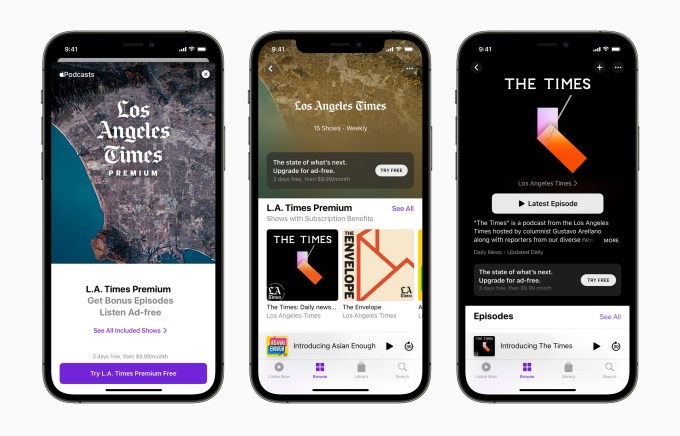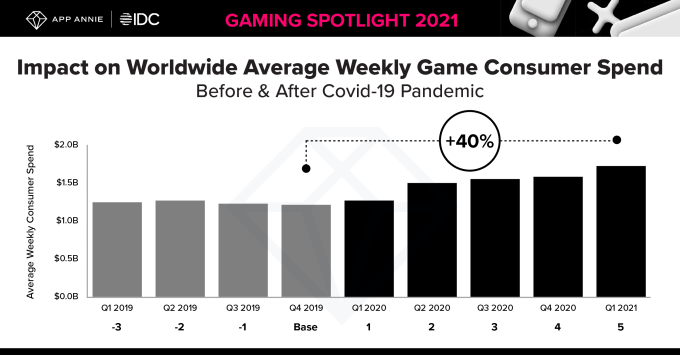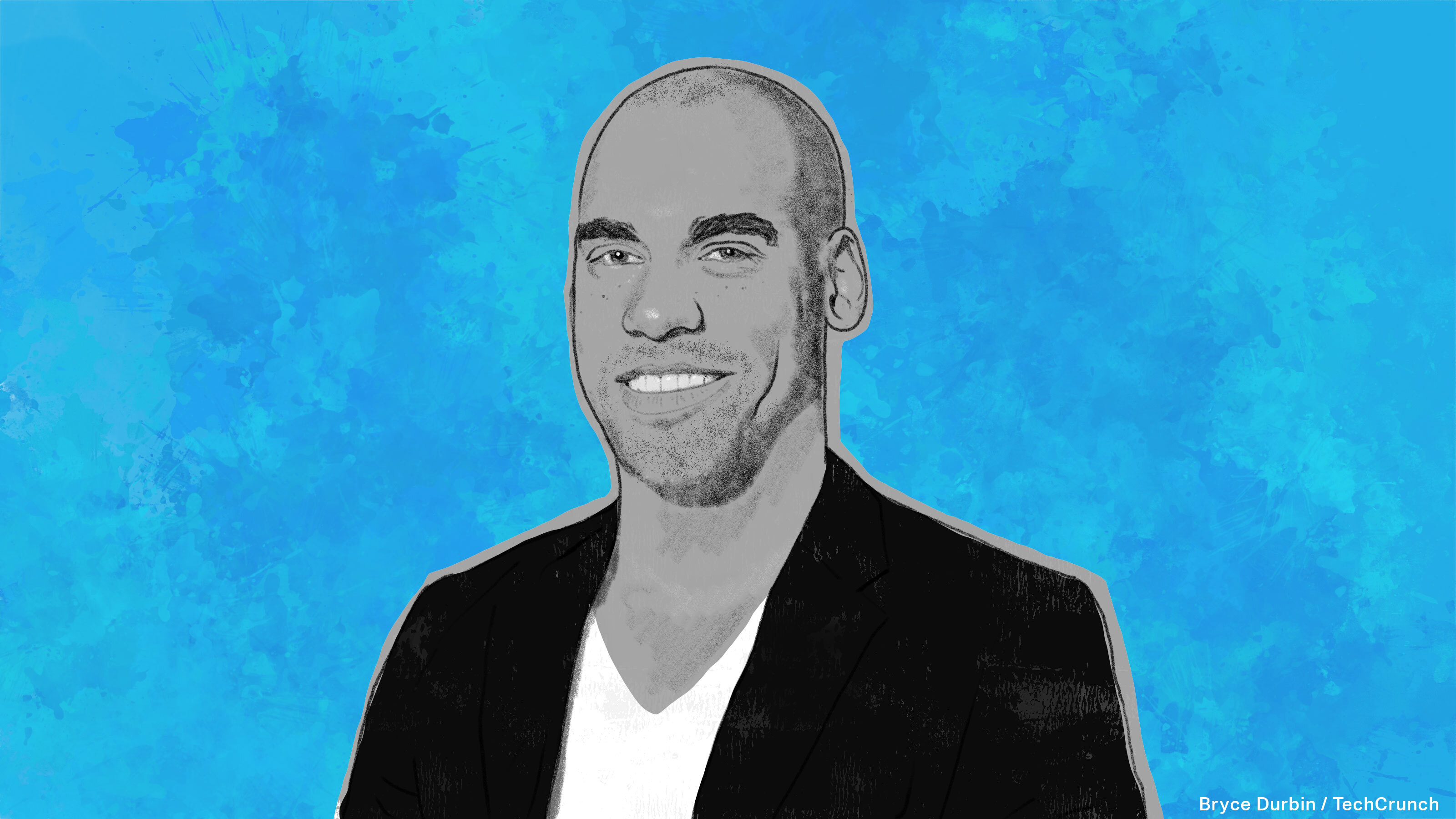Eindhoven might not immediately spring to mind as a high-tech hub, but the Netherlands city is keen to position itself as a center for deep tech in Europe.
The Technical University of Eindhoven, High Tech Campus Eindhoven, and locally based corporates like ASML and Philips have been eyeing initiatives across Europe and applying what they’ve learned to the region’s strategy. Philips launched in Eindhoven in 1891 and played no small part in the municipality’s ambitions to become a tech hub.
Eindhoven produces a high number of patents per year considering its small population and has been home to an inordinate number of hardware startups. The local High Tech Campus has a high hardware focus, for instance.
Our survey respondents consider the city strong in areas like photonics, robotics, medical devices, materials science, deep tech, automotive tech, sustainability tech, medtech, Big Data, hardware and precision engineering. They are looking for more mature startups and scaleups focused on AI and hard tech.
Eindhoven is considered weaker in fintech and consumer products, and it exists in a small region with limited global visibility.
Over the next five years, one respondent said, “Eindhoven will have evolved to the Netherlands’ second-largest tech ecosystem, behind Amsterdam. On a European scale, Eindhoven will have entered the top 10.”
To learn more about Eindhoven, we queried the following investors:
- Robert AL, Systema Circularis
- Nathan van den Dool, CEO, Space4Good
- Pepijn Herman, venture builder, Brabantse Ontwikkelings Maat schappij
- Betsy Lindsey, CFO, Aircision
- Andy Lurling, founding partner, LUMO Labs
- Han Dirkx, CEO and co-founder, AlphaBeats
- Jonas Onland, managing partner, Serendipity
- Daan A.J. Kersten, CEO, PhotonFirst
- Daniel den Boer, CEO and co-founder, Vaulut
Robert AL, Systema Circularis
What industry sectors is your tech ecosystem strong in? What are you most excited by? What is it weak in?
High-tech systems, photonics, robotics, medical devices.
Which are the most interesting startups in your city?
Lightyear, Bio-TRIP, EFFECT photonics, Nemo Healthcare, Sorama.
What are the tech investors like? What is the investment scene like in your city? What’s their focus?
Fully dedicated.
Who are the key startup people in your city (e.g., investors, founders, lawyers, designers, etc.)?
Steef Blok, Harm de Vries, Piet van der Wielen, Andy Lurling, Mark Cox.
Where do you see your city’s tech scene in five years’ time?
More mature, more focused on inclusive development, less quality coming from university spinoffs.
Nathan van den Dool, CEO, Space4Good
What industry sectors is your tech ecosystem strong in? What are you most excited by? What is it weak in?
High-tech systems and materials, the real high-tech and deep tech stuff that either leads to scientific breakthroughs or turns scientific breakthroughs into companies. Lithography makes a major contribution to that, as well as medical devices and production technologies.
Which are the most interesting startups in your city?
Nearfield Instruments, Optiflux, Dynaxion, AlphaBeats, Incooling.
What are the tech investors like? What is the investment scene like in your city? What’s their focus?
They focus mainly on high-tech machine building and software development, AI.
With the shift to remote working during the COVID-19 pandemic, will people stay in your city, move out or will others move in?
Largely unaffected.
Where do you see your city’s tech scene in five years’ time?
More integrated between AI and hard tech and production.
Pepijn Herman, venture builder, Brabantse Ontwikkelings Maat schappij
What industry sectors is your tech ecosystem strong in? What are you most excited by? What is it weak in?
The pros are high-tech systems, collaboration culture and excellent startup ecosystem; The cons are that it’s a small region with limited visibility globally.
Which are the most interesting startups in your city?
LionVolt, DENS, Lightyear, Morphotonics.
What are the tech investors like? What is the investment scene like in your city? What’s their focus?
They focus mainly on high-tech machine building and software development, AI.
With the shift to remote working during the COVID-19 pandemic, will people stay in your city, move out or will others move in?
Others will move in! Housing is extremely expensive but the demand for a skilled workforce is extremely high. If people move to surrounding areas, within 30 km, housing prices skyrocket all over.
Who are the key startup people in your city (e.g., investors, founders, lawyers, designers, etc.)?\
BOM (that’s us!), Braventure, Brainport Development, TNO.
Where do you see your city’s tech scene in five years’ time?
Leading worldwide in several technology areas, mainly, high-precision, roll-to-roll processing atomic layer deposition, material handling, industry 4.0, silicon processing equipment.
Betsy Lindsey, CFO, Aircision
What industry sectors is your tech ecosystem strong in? What are you most excited by? What is it weak in?
The region is strong in deep tech, automotive tech, sustainability tech, medtech, Big Data, hardware and precision engineering. Most excited by sustainability tech and deep tech. The region is weak in fintech.
Which are the most interesting startups in your city?
Lightyear, Incooling.
What are the tech investors like? What is the investment scene like in your city? What’s their focus?
Conservative, non-risk-taking — there are so many subsidies they don’t need to take risks, so once the tech risk is gone, they are good, but they are not global enough; hardware.
With the shift to remote working during the COVID-19 pandemic, will people stay in your city, move out or will others move in?
Hardware is hands-on — people are still moving in! We have a housing “crisis!”
Who are the key startup people in your city (e.g., investors, founders, lawyers, designers, etc.)?
Innovation Industries.
Where do you see your city’s tech scene in five years’ time?
More mature startups and scaleups on the scene!
Andy Lurling, founding partner, LUMO Labs
What industry sectors is your tech ecosystem strong in? What are you most excited by? What is it weak in?
The region is strong in sustainable cities, health and well-being, and education.
Which are the most interesting startups in your city?
FruitPunch AI, AlphaBeats, Vaulut, Lightyear, Serendipity.
What are the tech investors like? What is the investment scene like in your city? What’s their focus?
Mainly hardware; LUMO Labs has an early-stage software focus.
With the shift to remote working during the COVID-19 pandemic, will people stay in your city, move out or will others move in?
Stay.
Who are the key startup people in your city (e.g., investors, founders, lawyers, designers, etc.)?
Nard Sintenie, Frank Claassen, Hans Bloemen.
Where do you see your city’s tech scene in five years’ time?
Competing on a global scale.
Han Dirkx, CEO and co-founder, AlphaBeats
What industry sectors is your tech ecosystem strong in? What are you most excited by? What is it weak in?
The region is strong in deep tech and health. I’m excited about opportunities for cooperation between different companies. It’s weak in seed investment.
Which are the most interesting startups in your city?
Lightyear, AlphaBeats, Carbyon, FruitPunch, Serendipity.
What are the tech investors like? What is the investment scene like in your city? What’s their focus?
Tech investors are mainly government-regulated constitutions or angels. Focus on scaleup.
With the shift to remote working during the COVID-19 pandemic, will people stay in your city, move out or will others move in?
They will stay; working from home has some benefits but meeting people in an inspiring environment gives the best synergy.
Who are the key startup people in your city (e.g., investors, founders, lawyers, designers, etc.)?
LUMO Labs, HighTechXL, Andy Lurling, Sven Bakkes, John Bell, Guus Frericks, Bert-Jan Woertman.
Where do you see your city’s tech scene in five years’ time?
Leading in the world.
Jonas Onland, managing partner, Serendipity
What industry sectors is your tech ecosystem strong in? What are you most excited by? What is it weak in?
The region is strong in building sustainable and resilient cities and a platform between cities/society and tech market.
Which are the most interesting startups in your city?
Digital Toolbox (a Serendipity spinoff), Amber (mobility), Active Esports Arena and other portfolio companies of LUMO Labs.
What are the tech investors like? What is the investment scene like in your city? What’s their focus?
Through LUMO Labs, there is a focus on societal investments; the rest is investment in high tech due to the big industries (VDLK, ASML, NXP, Phillips).
With the shift to remote working during the COVID-19 pandemic, will people stay in your city, move out or will others move in?
Work at home or mix in the office and at home.
Who are the key startup people in your city (e.g., investors, founders, lawyers, designers, etc.)?
A combination of accelerators (LUMO Labs, HighTechXL, Braventure) and Brainport (ecosystem management) supported by the Eindhoven University of Technology and big corporates.
Where do you see your city’s tech scene in five years’ time?
Leading in the world on societal/systemic change — moving from high-tech toward impact (more software and digitization).
Daan A.J. Kersten, CEO, PhotonFirst
What industry sectors is your tech ecosystem strong in? What are you most excited by? What is it weak in?
It’s strong in high-tech equipment, hardware, photonics, additive manufacturing, lighting, electronics, semiconductor technology and health tech, and weak in consumer products and apps.
Which are the most interesting startups in your city?
Lightyear, ELEO Technologies, EFFECT Photonics, SMART Photonics, PhotonFirst, Amber.
What are the tech investors like? What is the investment scene like in your city? What’s their focus?
There is a relatively low number of investors in early stage.
With the shift to remote working during the COVID-19 pandemic, will people stay in your city, move out or will others move in?
They will stay. Eindhoven is a hot spot with many cultures, international tech community and great infrastructure, while it feels like a village.
Who are the key startup people in your city (e.g., investors, founders, lawyers, designers, etc.)?
Nard Sintenie, startup founders, HighTechXL.
Where do you see your city’s tech scene in five years’ time?
Worldwide dominance in high-tech hardware scaleups.
Daniel den Boer, CEO and co-founder, Vaulut
What industry sectors is your tech ecosystem strong in? What are you most excited by? What is it weak in?
The Eindhoven ecosystem is really strong in the sectors of mobility, smart city and energy. I’m most excited about smart city. This is our focus sector and it is the embodiment of ecosystem collaboration with impact solutions.
Which are the most interesting startups in your city?
Vaulut, Roseman Labs, FruitPunch AI, Amber, Sendcloud, Lightyear.
What are the tech investors like? What is the investment scene like in your city? What’s their focus?
The investment scene is getting better. They are increasingly realizing that deep tech takes time and needs to be nurtured, but the potential impact is massive and can have a dramatic effect on the entire ecosystem. There are still relatively few early-stage impact drive investors. LUMO Labs is leading the pack on that front.
With the shift to remote working during the COVID-19 pandemic, will people stay in your city, move out or will others move in?
I think more people will stay as the need to move to Amsterdam as the tech hub of the Netherlands diminishes, giving Eindhoven a boost to strengthen its own ecosystem, which will in turn make even more people stay and attract people to move in the city. As a result, COVID-19 will have a positive effect on Eindhoven’s tech ecosystem, I believe.
Who are the key startup people in your city (e.g., investors, founders, lawyers, designers, etc.)?
LUMO Labs, the Eindhoven University of Technology, High Tech Campus, Amber, Brainport Eindhoven.
Where do you see your city’s tech scene in five years’ time?
In five years, I believe Eindhoven will have evolved to Netherlands’ second-largest tech ecosystem, behind Amsterdam. On a European scale, Eindhoven will have entered the top 10.








 Facebook CEO Mark Zuckerberg this week
Facebook CEO Mark Zuckerberg this week 
 Messaging social network IRL
Messaging social network IRL  Delivery service Gopuff, which is available on web and mobile,
Delivery service Gopuff, which is available on web and mobile,  PUBG Mobile maker Krafton is
PUBG Mobile maker Krafton is 














